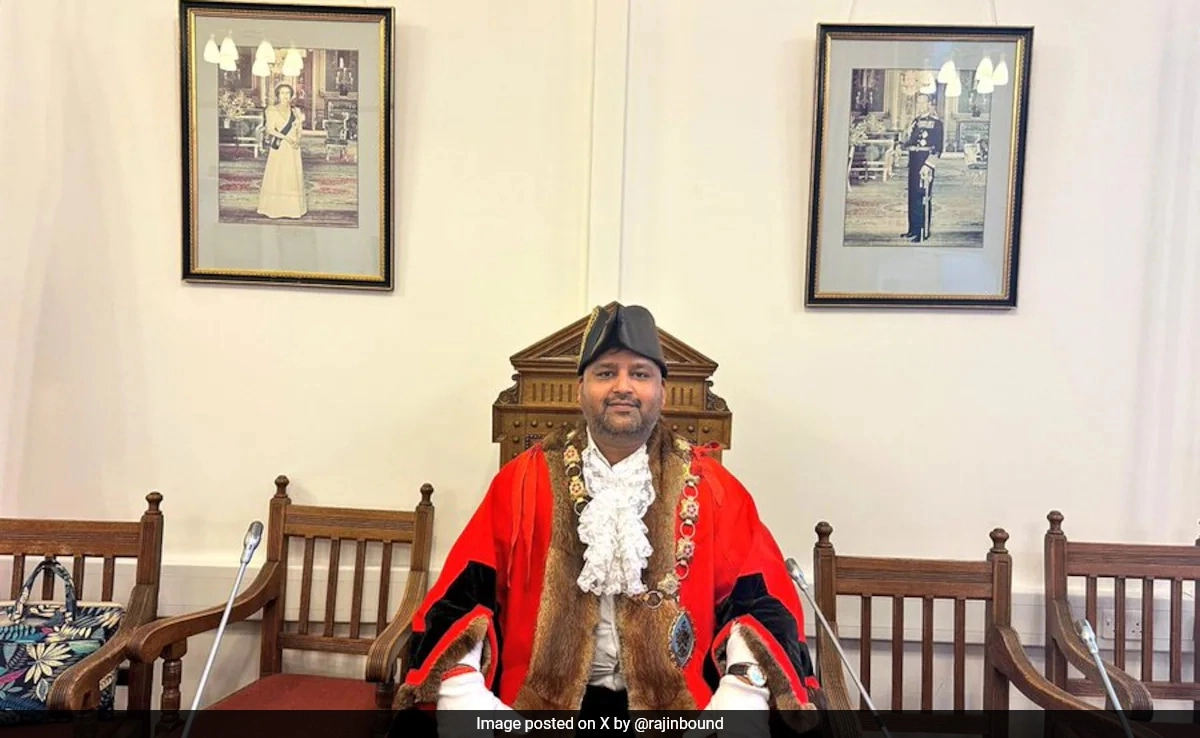Former President Donald Trump’s approach to international relations was often characterized by a distinct unpredictability that left both allies and adversaries in a state of uncertainty. His administration’s strategy toward China, in particular, was a focal point of contention, as it aimed to confront the rising power with a mix of aggressive rhetoric and economic policies. However, this approach inadvertently upset traditional alliances, as Trump’s treatment of friends and foes alike created a landscape where trust and cooperation became compromised.
One of the hallmarks of Trump’s foreign policy was his inclination to treat long-standing allies with the same skepticism he reserved for adversaries. This behavior manifested in various ways, from questioning the commitments of NATO allies to imposing tariffs on countries like Canada and the European Union. Such actions alienated key partners who had historically stood shoulder to shoulder with the United States in countering global threats, including the challenge posed by China. By undermining the collaborative spirit that had defined these relationships for decades, Trump’s strategy risked weakening the very alliances necessary to present a united front against a common adversary.
In the context of countering China, Trump’s tactics were both bold and controversial. His administration focused on addressing trade imbalances and intellectual property theft while also promoting a narrative of economic nationalism. However, this often resulted in a one-size-fits-all approach that failed to consider the nuances of individual relationships with various nations. For instance, while attempting to rally support against China, Trump’s rhetoric sometimes alienated allies who were also economically intertwined with Beijing. This complicated dynamic highlighted the challenges of forging a cohesive strategy against a global power that was quickly expanding its influence.
Ultimately, Trump’s handling of international relations underscored the complexities of modern geopolitics, where the lines between allies and adversaries are increasingly blurred. His administration’s confrontational stance towards China was undoubtedly aimed at addressing a significant global issue, yet the accompanying tactics created a ripple effect that disrupted alliances. As nations grapple with the implications of a rising China, the importance of cohesive and cooperative diplomacy becomes ever more apparent. The lessons learned from Trump’s presidency may serve as a guide for future leaders seeking to navigate the intricate landscape of global politics while maintaining essential partnerships in the face of new challenges.




